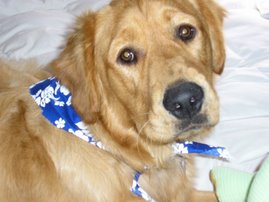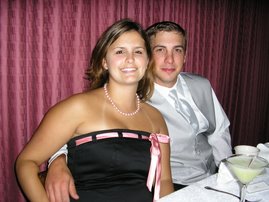
By: Cynthia Rylant
This is probably my favorite of all the books I've read by Rylant. I will give her immense credit because I do believe she's a wonderful writer-fiction, poetry, autobiography. This book really allowed to me to relive parts of my own childhood. Some of the things she said about growing up and experiences she had with boys (I'm not getting into too much detail here-haha) really sparked some memories for me.
I really enjoyed her blunt honesty. When kids go through puberty, they do get hairy and she didn't beat around the bush and try to make things pretty. She said exactly what she wanted to say.
I also really liked how she mentioned her other works in this text. She would tell about an experience she had with a boy and in parentheses tell that he was the inspiration in a chapter in one of her other books. For me, I was not excited to read another book from Cynthia Rylant. On the other hand, after reading about her life, I feel like a picture has been completed. There was a puzzle with a few missing pieces. We've read her picture books and poetry and now readers, such as myself, see where she got her inspirations from and I have a different view on some of her other books. I really did not enjoy much of the poems in Waiting to Waltz. Now that I've read about some of her childhood, I feel like I have a deeper understanding and like them a little better.
This is why I love biographies so much. I like to know about the author, especially ones I'm a true fan of. I want to know about their life, experiences, hardships, and happiness. I want to know what makes them the people they are. Readers can gain so much more of an understanding and appreciation from "knowing" authors. Not all authors write biographies and this is okay. I feel like I understand the works of an author more when I feel like I understand the person.
One sentence which really struck me was on page 7 of the text. It stated, "For a child there is never a good reason for a mother to leave." This makes me think of all the children out there who do not have parents regardless of the individual circumstances. It breaks my heart to think of these things, but it is reality. It's hard for me to relate to this fact, but I know it's true. As I've said earlier in this post, Rylant says what she means and many times, it pulls at the heart strings because this was her reality.


4 comments:
I also really liked reading this book after we had read all of her other books. It seemed kind of like a culminating point of our whole semester. I loved seeing her mention different things that happened to her as she was growing up in this book that also showed up in Waiting to Waltz. Whenever I saw something like that, I felt like I had an inside view of the action that other readers might not have.
I, too, enjoy reading about the author and feel like it completes the "puzzle". What I'm wondering, though, is if we had read this biography at the beginning of the semester, would I have been more interested in her books? I read it before Waiting to Waltz, and I was so glad that I did. Originally I was not a huge fan of Cynthia Rylant's picture books, but what if I had read this first?
I also enjoyed getting to see how she got inspiration for some of her work. I think I appreciate her work more having read about her life. I didn't personally relate as much to her adolescence but I did think that her experience with boys was amusing.
I too felt like this book filled in missing pieces of my understanding of Rylant. I was glad that I read this book early on in the class because it helped me to appreciate her other works more. Hers is the first author's biography I've read and I really appreciate what you said about reading them - it makes you enjoy her works so much more - or at least see where she's coming from.
Post a Comment